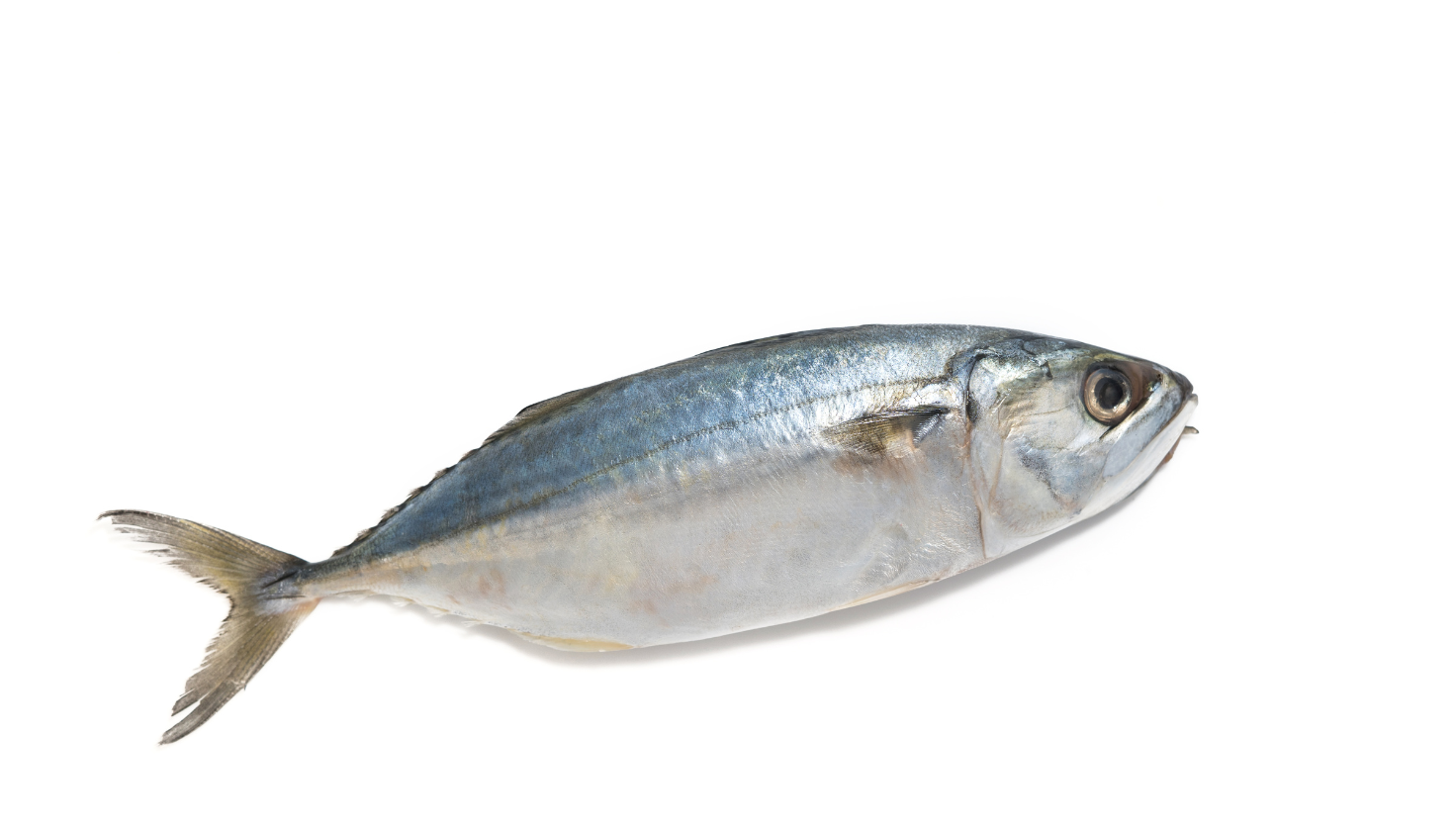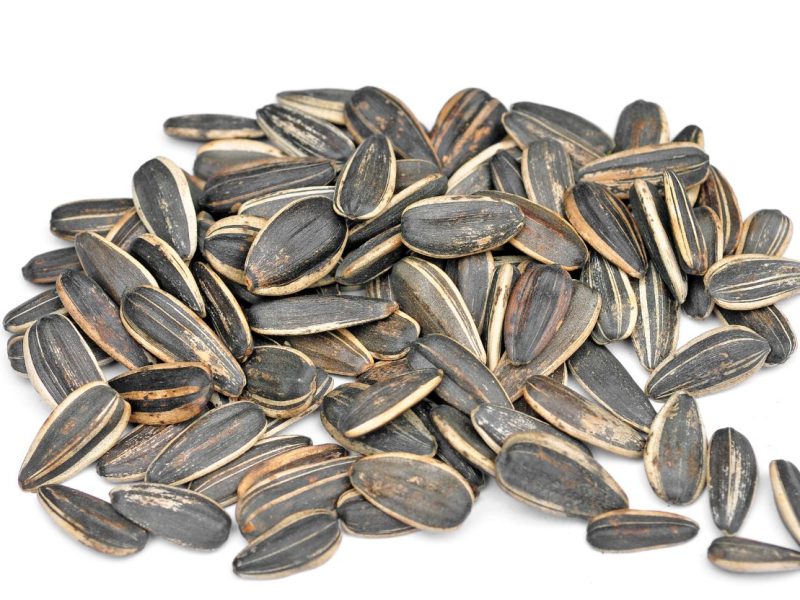As a physician who has spent decades studying the impact of nutrition on overall health, I’m often asked about the benefits of eating salt water fishes. From boosting heart health to supporting cognitive function, these remarkable seafood options deserve a starring role on your plate. Below, I’ll share why I recommend incorporating salt water fish into a balanced diet—and how you can maximize their nutritional perks.
1. Rich Source of Omega-3 Fatty Acids
Salt water fish like salmon, mackerel, sardines, and tuna are renowned for their high levels of omega-3 fatty acids. These essential fats—namely EPA and DHA—help lower inflammation, reduce triglycerides, and support healthy blood pressure. In my clinical experience, patients who eat fatty fish twice weekly often see improvements in heart health, including reduced risk of coronary artery disease and stroke.
2. High-Quality Lean Protein
A staple of healthy diets, salt water fish provide complete, lean protein that’s necessary for muscle repair, immune function, and hormone production. Unlike many red meats, fish is lower in saturated fat yet packs more protein per calorie. For those aiming to maintain or build lean muscle mass, I counsel choosing grilled or baked fish over processed meats to optimize nutrient intake without added sodium or preservatives.
3. Brain Function and Mental Well-Being
Numerous studies link regular fish consumption with better brain health and lower rates of depression and cognitive decline. The DHA in salt water fish accumulates in the brain and retina, enhancing neuronal communication and visual acuity. In my practice, I’ve observed that older adults who include oily fish in their weekly meal plans often report sharper memory and improved mood, underscoring the mental health benefits of this seafood nutrition strategy.
4. Abundant Vitamins and Minerals
Salt water fish are naturally rich in vitamin D, a nutrient many of us lack due to limited sun exposure. Adequate vitamin D supports bone health, immune resilience, and mood regulation. Additionally, these fishes are excellent sources of selenium, iodine, and zinc—minerals crucial for thyroid function, antioxidant defense, and wound healing. By choosing a variety of species, you ensure broad-spectrum micronutrient coverage.
5. Supports Weight Management
Incorporating salt water fish into meals can help with weight control. Their high protein content and healthy fats promote satiety, making you feel full longer and reducing overall calorie intake. When advising patients on a balanced diet, I often recommend swapping out high-calorie snacks for a small portion of grilled fish or adding flaked sardines to salads to harness these weight loss–friendly effects.
6. Easy to Prepare and Versatile
One reason I love recommending salt water fish is their culinary flexibility. From simple pan-seared fillets to vibrant poke bowls and hearty stews, you can tailor flavors to suit any palate. For those new to seafood, start with milder-tasting options like cod or snapper, then explore richer varieties as your taste buds adapt.
Practical Tips for Safe Consumption
- Choose sustainable sources: Look for MSC or Seafood Watch certifications to minimize environmental impact.
- Be mindful of mercury: Limit high-mercury species (e.g., swordfish, shark) and favor lower-mercury options like sardines and wild-caught salmon.
- Cooking methods: Opt for baking, grilling, or steaming to preserve nutrients and avoid unnecessary fats.
In summary, the benefits of eating salt water fishes span cardiovascular support, brain health, nutrient density, and weight management. As a doctor, I encourage you to make seafood a regular part of your healthy eating plan—your heart, mind, and body will thank you!



